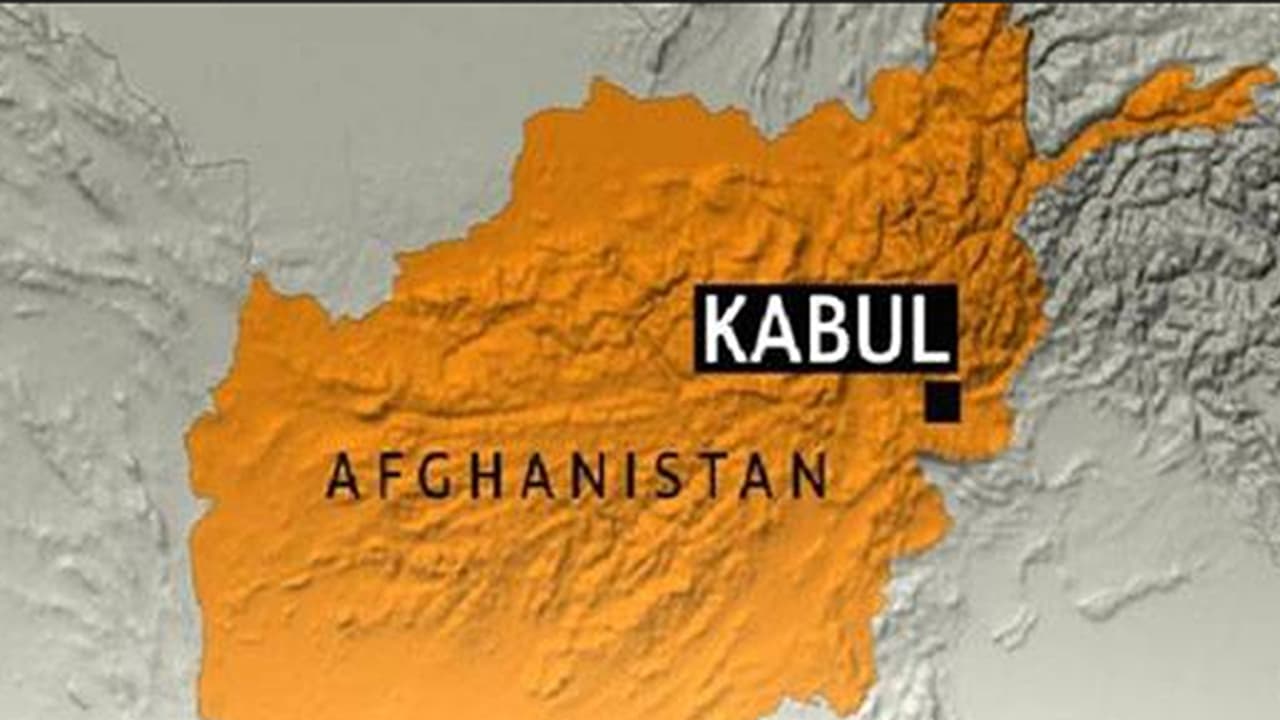Kabul has been witnessing a week of explosions. The latest took place on Sunday (June 2) and claimed the life of one civilian while injuring 17 others including a journalist. No terror outfit has claimed responsibility yet.
Kabul: One person was killed and 17 others were injured after three successive blasts took place in Kabul.
Among the wounded was an Afghan journalist who appeared to have been live-streaming the aftermath of the first explosion when a second bomb went off.
The events started with the detonation of a sticky bomb - a growing menace in Kabul, where insurgents and criminals slap magnetic bombs on the underside of vehicles.
Nasrat Rahimi, spokesperson of the interior ministry, said that the bomb had been placed under a bus carrying officials headed to the Kabul Education University.
In the immediate aftermath, two more bombs that had been planted by the side of the road went off, he added.
"In total, one Afghan civilian was martyred and 17 others, including a local journalist and five Afghan forces, have been slightly wounded," Rahimi said. Health ministry spokesman Wahidullah Mayar confirmed the toll.
There was no immediate claim of responsibility, but both the Taliban and the Islamic State groups have carried out recent blasts. According to a video circulating on social media, the journalist was hit in the leg by the second bomb.
Last year, nine journalists including AFP Kabul's chief photographer Shah Marai were killed in a secondary explosion after rushing to the scene of an initial blast.
Even though the Taliban and the US are set to begin a new round of peace talks in Doha this month, violence across Afghanistan continues unabated, with civilians often bearing the brunt of the bloodshed.
On Friday (May 31), a Taliban car bomber killed at least four Afghan civilians and lightly wounded four US troops in an attack on a US convoy in Kabul. A day earlier, at least six people were killed and 16 more wounded in an IS-claimed suicide blast outside a military academy in the capital.
And eight Afghan police were killed on Saturday and seven others wounded in a suicide attack in the eastern Ghazni city, provincial police spokesman Ahmad Khan Seera told media persons.
Afghan President Ashraf Ghani had proposed a nationwide ceasefire at the start of Ramadan early last month, but the Taliban rejected the offer. Taliban head Haibatullah Akhundzada said on Saturday there would be no "cold water" poured on the insurgents' military efforts.
